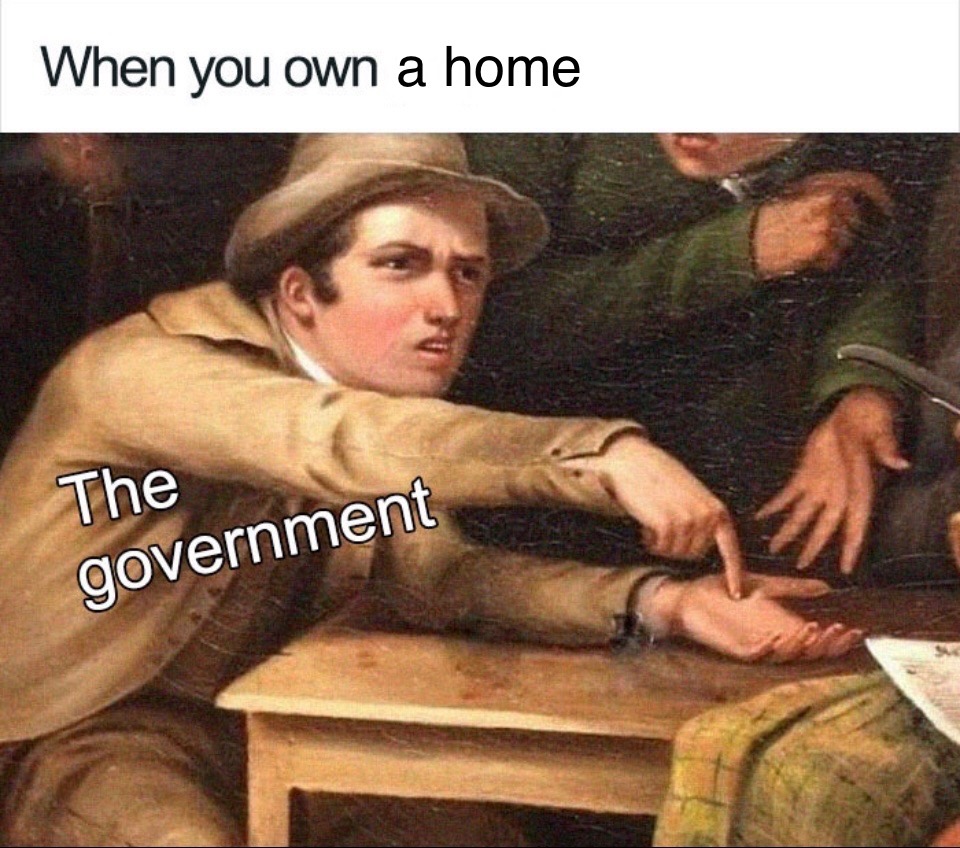Manipulating Seniors and Holding Us All Hostage from the Commanding Heights of the Dais

- Bribing seniors does not help the labor shortage
- The city has lost touch with productive citizens
- Homeowners should take advantage of flexible, political principles
The City of San Antonio (CoSA) wants to change that by offering seniors a break on their property taxes. While total elimination of this odious tax is the best idea, any reduction of it in the interim is good.
There are a few problems with this proposal though.
One thing that enables us to volunteer is our prosperity. Despite declarations by some politicos, things are shaky right now. In addition to the eyewatering price of gas, and other residual effects of the government lockdowns, we’re experiencing continued labor shortages.
This credit would exacerbate that problem.
In a recent interview, councilwoman Melissa Cabello-Havrda (D6) asserted that the program is aimed at those “already” volunteering. The council consideration request (CCR) implies otherwise.
It cites a “Social Isolation and Loneliness in Older Adults” study, and how getting them out of the house can stem cognitive decline, among other negative effects associated with aging.
As a consequence of essentially luring them into public sector work, they’re pulled away from the private sector, where some seniors feel they “still have more to give.” Regardless of the modest size of the credit, seniors could still lose their home! Over 3,000 are already more than two years late paying the taxman.
Given that CoSA itself seeks to be an “’employer of choice’ in our community”, it’s distinctly possible they don’t see the link. This leads to an underlying concern: the degree of disconnectedness that exists at City Hall.
In its “Financial Impact & Conclusion,” the CCR declares that “The City’s General Fund revenues performed well.” The wording is consistent with the fact that the vast majority of CoSA staff and elected representatives favor a more active government.
Respect for individuals, and independent wealth-creators subconsciously takes a backseat. The media add to this chorus by characterizing exemption savings to taxpayers as what the “city loses.”
As it is, the property tax system amounts to little more than a social engineering tool. CoSA can dictate “the maximum number of participants and the maximum … reduction participants can receive,” protecting their own “so as to not adversely impact CoSA operations.”
“If the program works well,” they reserve the power to determine “other populations that may be vulnerable to rising property tax burdens.”
As Bexar County’s chief appraiser Michael Amezquita points out later in the same KLRN episode, it’s also a mechanism for cronyism given how inequitable is the favoritism shown to commercial property.
The only time politicians extend such favor to homeowners is when the state compels them to. Ironically, it’s the Texas constitution that permits levying this tax in the first place.
Cracking that nut is another task altogether.
For the time being, to paraphrase a Chris Rock, just because the city can do it, doesn’t mean they should. Alas, we keep getting the Will Smith treatment. There might be a political opening however, that can be used to stop this annual smackdown.
Councilwoman Havrda said “my vote is based on the needs of my constituents. And what they’re telling me right now is that they need property tax relief.”
Too often elected officials twist this “belie(f) in representative government” as a way to take from some to give to others. The paid sick leave ordinance is a recent example.
Citizens should exploit these flexible principles, and the newfound religion the council seems to have (see D8 councilman Manny Pelaez), and insist on abolishing this antiquated seizure for good.